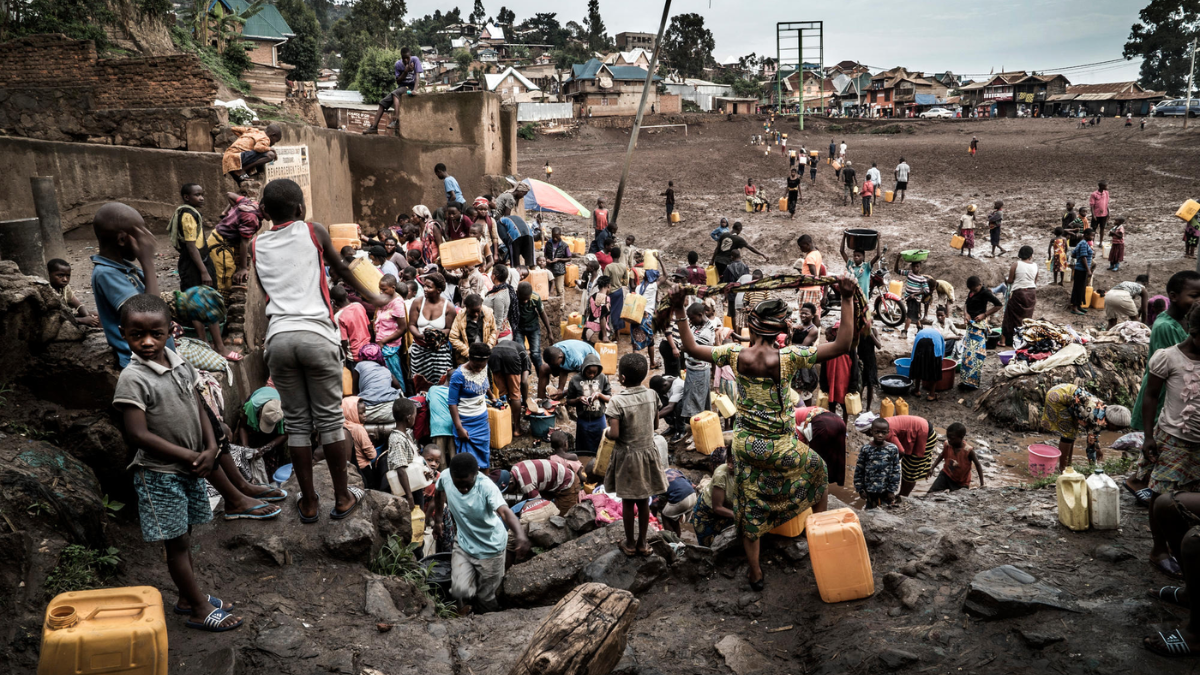
In a devastating turn of events, the Democratic Republic of Congo (DRC) is facing a rapidly unfolding humanitarian disaster. The eastern province of South Kivu has been hit by severe floods, claiming over 60 lives and displacing hundreds, even as the region grapples with ongoing violence and a growing cholera outbreak. The United Nations Office for the Coordination of Humanitarian Affairs (OCHA) has described the situation as dire, with local authorities urging immediate international assistance.
Table of Content:-
Deadly Floods Strike Fizi Territory
According to OCHA, torrential rains on the night of May 8–9 led to overnight flooding in Fizi territory, killing more than 60 people. Many remain unaccounted for, and search and rescue operations are still underway. The flooding has obliterated over 150 homes, rendering approximately 1,000 people homeless.
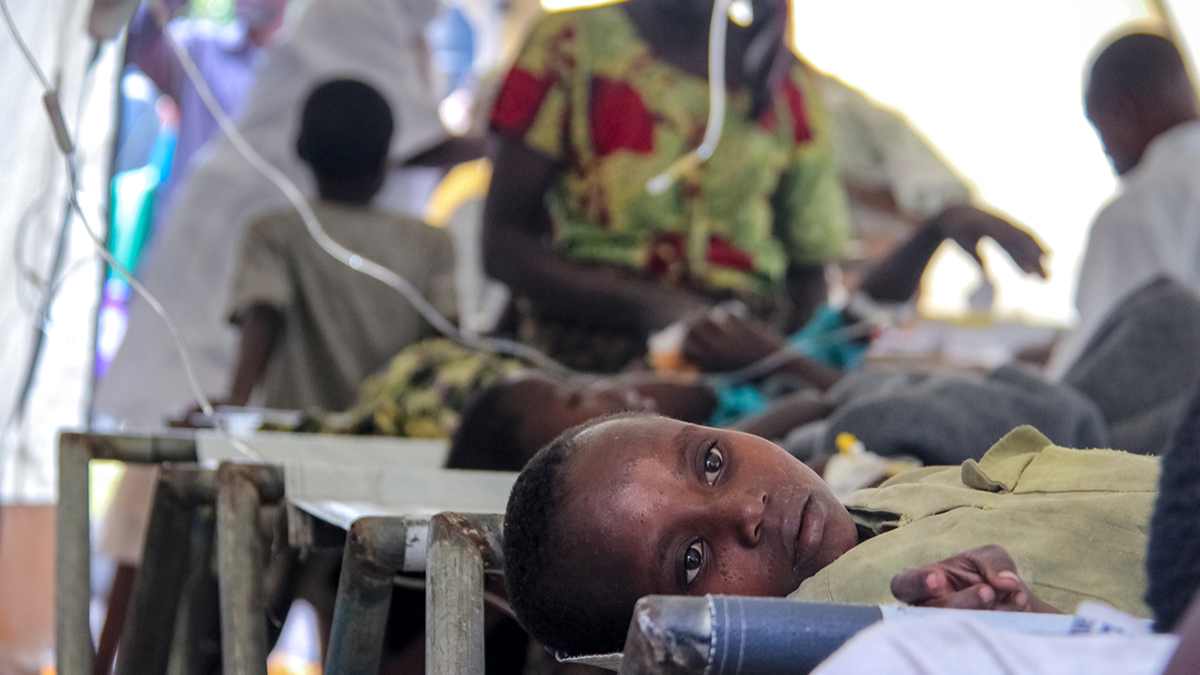
Officials have raised alarm over the potential for further flooding, with continued rainfall predicted. Emergency meetings have been held in Uvira to coordinate a response, as local infrastructure struggles to withstand the ongoing deluge.
The Triple Threat: Floods, Conflict, and Disease
The humanitarian crisis in DRC is not limited to the floods. South Kivu is already burdened by longstanding armed conflict and a recent spike in cholera cases. The confluence of these crises is pushing communities to the brink, with limited access to clean water, shelter, and healthcare compounding the dangers.
Also Read: Global Rivers Contaminated By 8,500 Tonnes Of Human Antibiotics Each Year, Study Reveals
Cholera, a waterborne disease linked to poor sanitation and limited clean water access, is on the rise in affected areas. The World Health Organization warns that outbreaks like this are often exacerbated by natural disasters and population displacement, both of which are now prominent in the DRC.
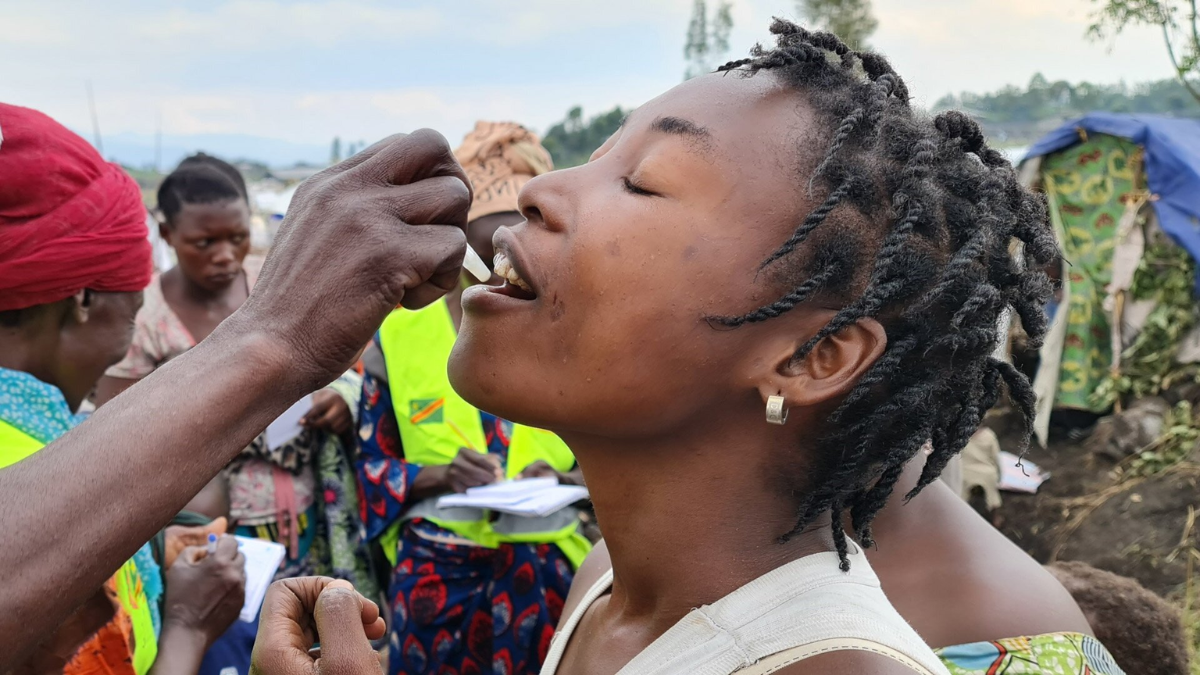
Violence Continues in North Kivu and Ituri
While South Kivu battles nature’s fury, armed conflict continues to escalate in neighbouring provinces. In North Kivu, a deadly overnight attack in Lubero territory left nine civilians dead and at least 50 wounded. Armed groups in the region continue to target villages, forcing families to flee and exacerbating the already dire humanitarian conditions.
Also Read: Listeria Outbreak In California: 10 Hospitalised As Company Recalls Food Products Statewide
In Ituri province, more than 40,000 displaced people have arrived in the Fataki and Rety areas of Djugu territory between February and April. Many are returning to areas previously vacated due to conflict, only to find already strained resources unable to accommodate the influx. These displacements have affected more than 155,000 people in the region, leading to critical shortages in food, shelter, and medical care.
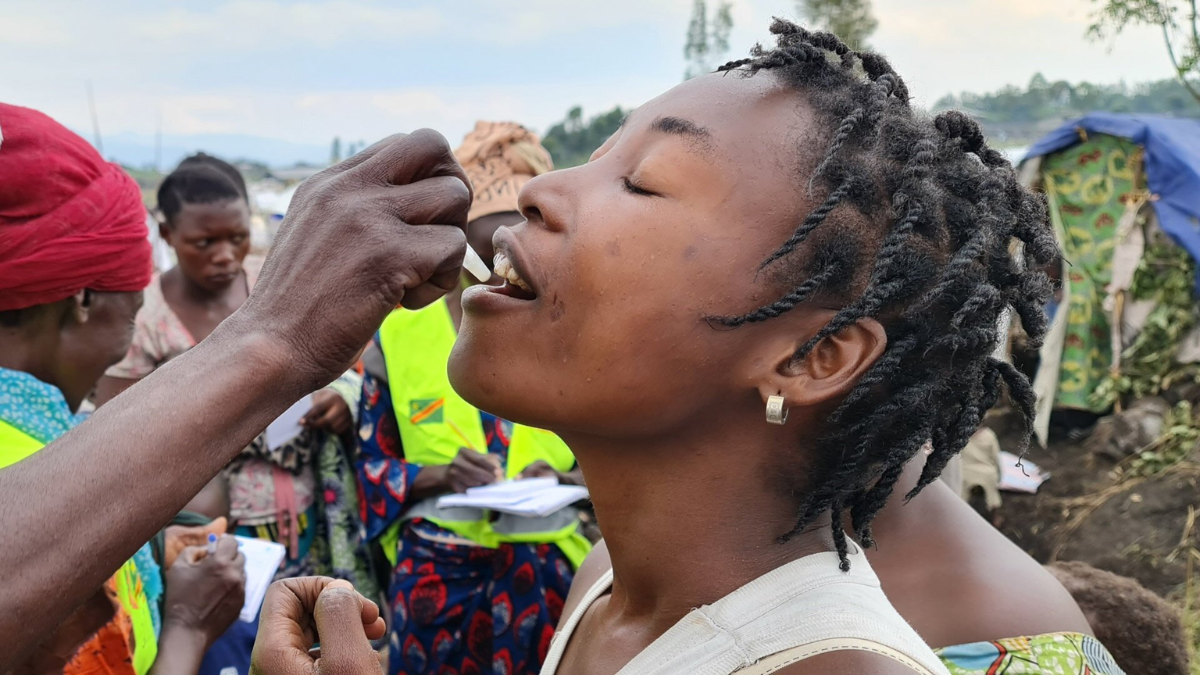
Humanitarian Access and Funding Gaps Hamper Relief Efforts
Despite the UN’s efforts to mobilise support, relief work is being severely hampered by security concerns and lack of funding. Roads and supply lines are difficult to access due to ongoing violence, while existing aid programs are underfunded and overwhelmed. Humanitarian organisations stress the need for urgent international assistance to prevent further loss of life. Immediate priorities include providing clean drinking water, emergency shelter, food, and medical supplies.
Cholera Prevention Requires Long-Term Solutions
Health experts emphasise that tackling cholera outbreaks requires more than just emergency response. Long-term investments in clean water infrastructure, sanitation services, and community health education are critical. In areas affected by conflict and climate-related disasters, however, these preventive measures remain elusive.
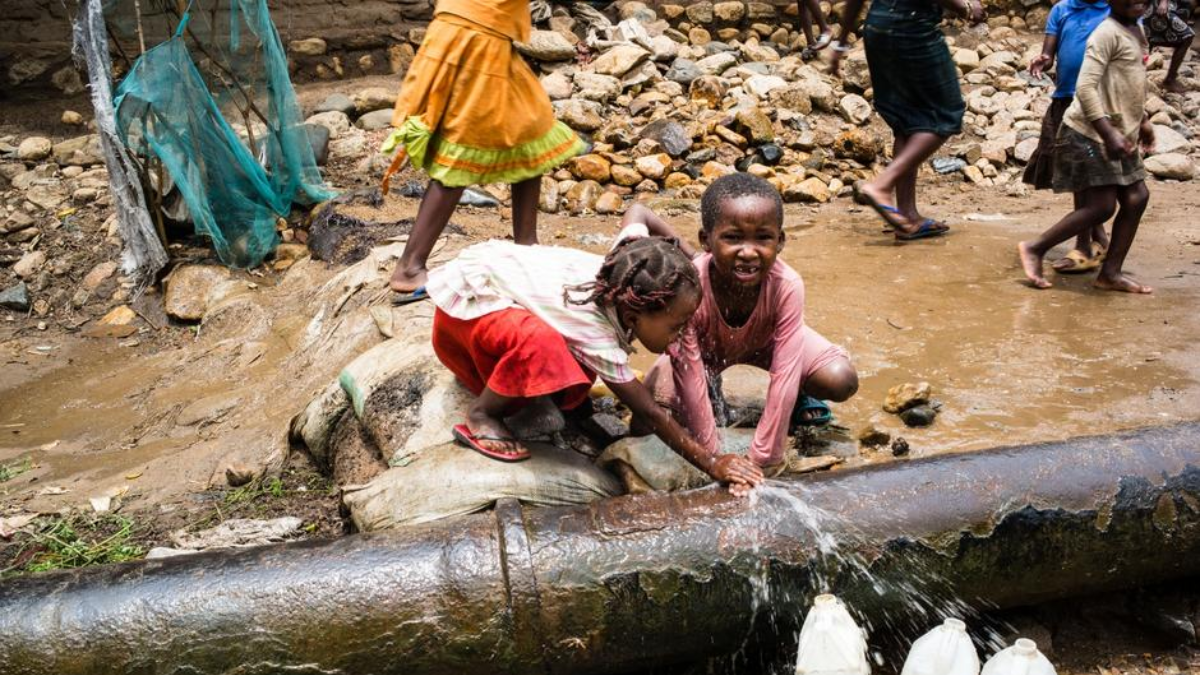
Efforts are also underway to expand oral cholera vaccine campaigns, improve disease surveillance, and engage communities in risk communication. But without sustained support and political will, these measures may fall short of containing the crisis.
Bottomline
The unfolding disaster in the DRC highlights the fragile nexus between climate change, health, and conflict. As the country reels from the impact of deadly floods, an expanding cholera outbreak, and relentless violence, the international community is being urged to act swiftly. Without robust and coordinated support, thousands of vulnerable people will continue to suffer in silence.
Also watch this video
How we keep this article up to date:
We work with experts and keep a close eye on the latest in health and wellness. Whenever there is a new research or helpful information, we update our articles with accurate and useful advice.
Current Version